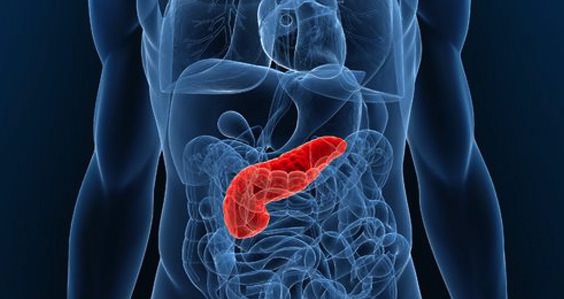Patients with familial pancreatic cancer were twice as likely to have a first-degree relative with an extra-pancreatic malignancy compared with patients with isolated cases of pancreatic cancer, according to study results.
Past research found that children often got pancreatic cancer at a younger age than their parents did, but this study did not find that to be true.
Their research also showed that people who smoked and developed pancreatic cancer often got the disease much sooner than people who didn’t smoke.
“These findings are important because they suggest that the genes we inherit from our parents likely play a significant role in our lifetime risk of developing pancreatic cancer,” said Dr. Biankin in a press release. “Secondly, they emphasize that when assessing someone’s individual risk of developing pancreatic cancer, it may be important to assess not just family history of pancreatic cancer but other malignancies too. Finally, our data emphasize the importance of [not smoking].”
The authors looked at 766 people who had pancreatic cancer; 698 had sporadic pancreatic cancer (SPC), so they did not have a parent or sibling with the disease. The other 68 patients had familial pancreatic cancer (FPC).
Those who had FPC had an 8.9 percent greater risk for pancreatic cancer than people without a parent or sibling with the disease, this study found.
Members of the family of those with FPC were also twice as likely as people with SPC to have a close relative with another cancer, such as melanoma skin cancer or endometrial cancer.
Aside from having a parent or sibling with the disease, risk factors for pancreatic cancer include being obese, smoking and having diabetes, the study authors wrote.
Cancer of the pancreas is often found very late, and the odds of living five years are about 6 percent, reports the American Cancer Society. Researchers are trying to find ways to detect the disease early, the study authors noted.
Agencies/Canadajournal
 Canada Journal – News of the World Articles and videos to bring you the biggest Canadian news stories from across the country every day
Canada Journal – News of the World Articles and videos to bring you the biggest Canadian news stories from across the country every day



